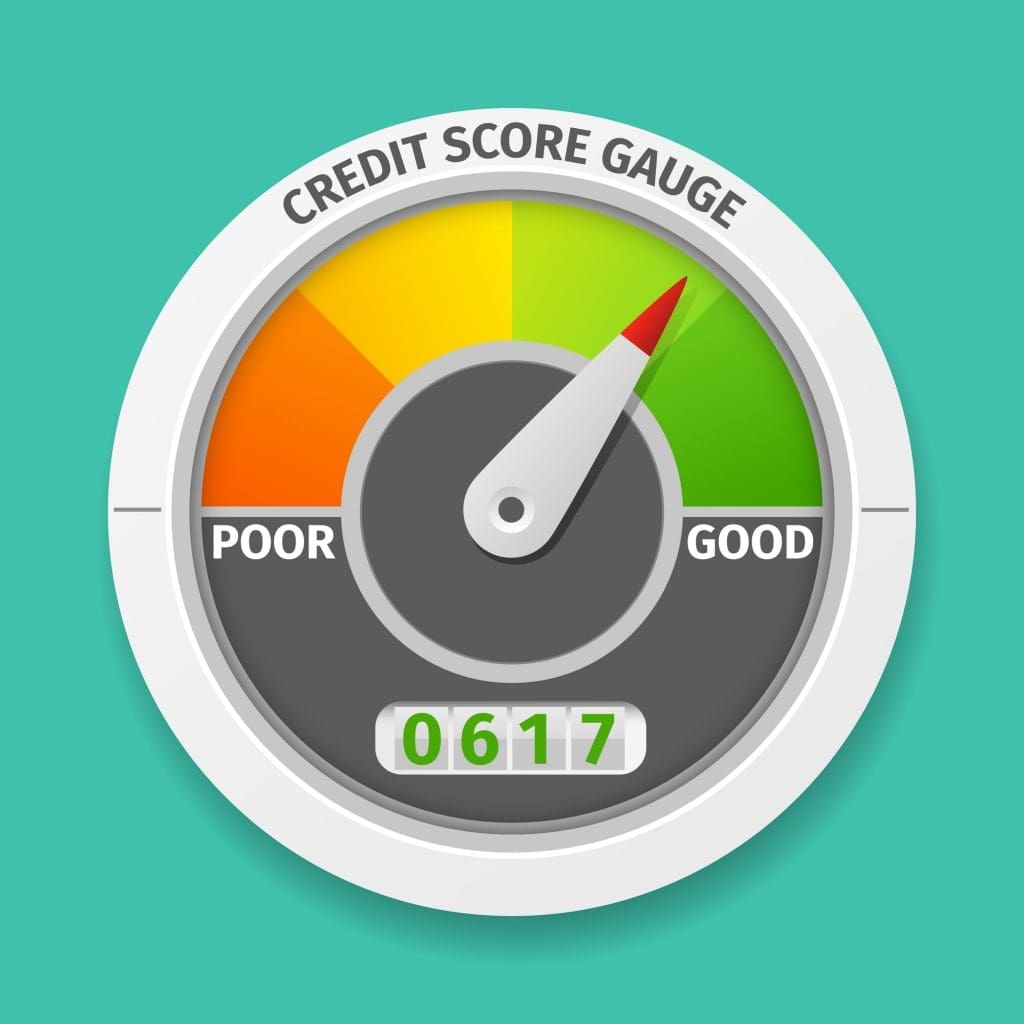How much are you concerned with your finances? Do you have a mixed credit history? How much are you familiar with CCR? In March 2014 a new credit reporting regime started. Ever since than credit agencies have been collecting more data on people who want to borrow money. Before this, only negative pieces of information on the applicants were held by credit agencies, for example data about bankruptcies. With Comprehensive Credit Reports come some new rules- lenders will know more pieces of information, like monthly payment histories on loans and credit cards. If there are missed payments of more than two weeks – there will be red flags.
But let’s learn more on this matter. What is your credit score? Are your payments up-to-date? Have you missed a bill? Have you over-extended yourself on credit? These are all the things you should think about. If you are familiar with Comprehensive Credit Report, you maybe know this -it is a change that happened in Australia, the one that has come as of 1st July 2018. Here you can read more on what it is, learning that more positive credit data are included on your credit report so lenders can have a clearer picture of your finances. And what does this mean? Your credit score will change because of the availability of more data. This is not a very thrilling topic, but it is useful to know a thing or two about it.
Moreover, a useful piece of information is that if you deal with CCR you also deal with Credit Bureaus. These are companies that provide lenders with Credit Scores on the applicants and use the data, capture credit information from lenders. The higher the Credit Score the better. What Credit Scores do is give the lenders information on whether and how likely is that people will repay the debt.
What are the boons of this new system?
There is an experience of 18 countries which do operate a credit bureau and it is positive because the system is fair – much more than the older one. Positive data can help many people, for example those who want to buy a house and don’t have a long credit history. Also, Australians with a stronger credit history will be able to assess more deals that are competitive and also more interest rates. It will also be very beneficial to the P2P lenders. These are sites where borrowers make offers. These offers are on what interest rates they will pay. Personal loans are offered here mostly.
The fact that now positive behavior is also registered brings a lot of benefits to the borrowers. Because of it, the negative one that they showed at some points will be erased. Well, it will be balanced, but the point is that because of the positive details not much attention will be paid to negative ones. Also, people will know more on where they are sitting financially. The ones with a thin credit file who do not have a long history of credit will see their worthiness regarding credit. This is good for banks because it is easier for them to extend it to them. What will not be impacted are the credit scores of individuals if we are only talking about one negative event. In addition, there will be more accurate credit ratings because they will be more comprehensive. When credit scores were only about negative events, lenders could only see one side of it and decide according to that. This is how more options will be available to consumers, and it will be way more probable for them to get what they need. If you find incorrect information on your credit report, you have the right to dispute items on credit report.
When it comes to lenders, this is also good for them because they will be more responsible. They can tailor their products and offers further and the new depiction they use will be more comprehensive, which is better for them. Another thing is allowed to them by CCR, and that is identifying credit stress or over-committal. They will now be able to do this at a much earlier stage. What does that mean? It is good because of potentially leading to fewer bankruptcies and bad debts, and here you can read more on this matter.
Does the new system have some disadvantages?
The fact that all these pieces of information will be available to lenders is also bad for the borrowers. For people with a mixed credit history it will be more difficult to get the money they need. The big banks are also forced to join this new regime. People will just have to know where they are sitting with their finances, no matter how much they are into it.
Before this system, only a small amount of information was given to those who lend the money. Even though this system is spreading, The Big four (National Australia Bank, Commonwealth Bank, Australia and New Zealand Banking Group and Westpac ) still need to start with this new regime because they still did not accept this new providing with comprehensive data. They will be forced to do so by the middle of 2019. Those who are members of consumer groups actually worry that comprehensive reporting will bring about more negative consequences than positive ones. This will happen if the changes are not made. One of these negative consequences is a probability that banks will charge customers more for credit. There may be an inundation of pricey products, for example credit cards may be charged up to 50 per cent every year. Some call this phenomenon ‘toxic products’ and they mostly exist in countries like US and Britain.
Moreover, if more data is given some think more mistakes will be made. These mistakes can lead to people not being able to obtain credit, for being denied. A huge growth in unregulated debt management businesses in Australia is mentioned here, and these credit repair business are described as vultures for making a lot of money of these mistakes. They do things like misleading people and charging big amounts of money for service that are not really praiseworthy.
One of the biggest concerns is if the consumers have a right to request that their credit history is protected or not passed on. They also want to know if it will impact their long-term credit rating. However, it is said that the big banks will allow small lenders to serve consumers better and their borrowing capacity will be assessed. All in all, this is definitely a big difference for both consumers and lenders for sure.
To conclude, knowing about Comprehensive Credit Reporting is very useful because it brings both a lot of advantages and disadvantages, not just to people who borrow money –but also those who are lenders. People should be more familiar with it even though they do not usually think about economy and matters of this kind and they should pay more attention to their finances and everything regarding this now more than ever. It is the only way they get the best of it. The important questions are the ones like what your credit scores are, buy dissertations online, whether your payments are up-to-date, if you have missed a bill or not and etc. Now when this regime is implemented, both the borrowers and lenders have much to bring to the table.
Image credits






